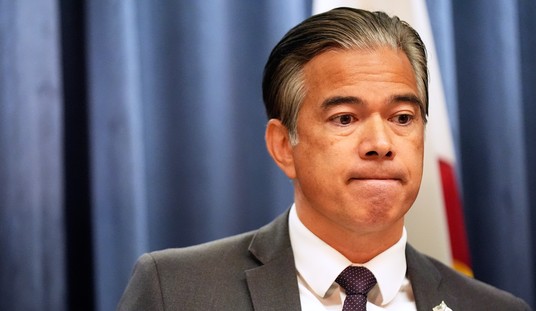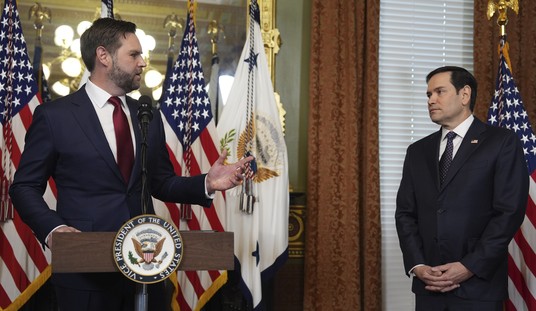Kentucky Sen. Rand Paul (R-KY) wants to run for president. There’s just one problem: He might lose.
Paul has reportedly planned to announce his presidential candidacy later this month or in early April, but he has one obstacle to overcome in the interim in the form of Kentucky state law that prevents him from running for both the White House and his U.S. Senate seat simultaneously. According to existing law, he cannot run for both offices at once. If Paul failed to win his party’s nomination, he would be out of office if not out of politics entirely.
Team Paul’s plan to avert this crisis was a shrewd one. The junior Senator from Kentucky planned to persuade state Republicans to abandon the presidential primary process in favor of a caucus. If successful, the Kentucky senator would be able to run for both the White House and for a second term in the U.S. Senate at the same time. According to reports, Kentucky’s Republicans are prepared to move forward with a proposal that does away with the state’s primary election.
After Paul met with the party’s 54-member executive committee in Bowling Green for a two-hour session, the group voted unanimously to appoint a smaller committee that would decide the rules and regulations of how a caucus would be held.
The final vote would come in August when a larger gathering of the Kentucky GOP is scheduled to meet and hear a more detailed plan from the task force.
“We thank the members of RPK for their unanimous support and look forward to continuing this process,” said Paul’s top adviser, Doug Stafford, in a statement.
“Saturday’s vote was unanimous, but it came after two hours of debate behind closed doors,” the Associated Press reported. “The state GOP has established a committee to study the issue and have a report ready by the Aug. 22 central committee meeting.”
The AP describes the plan for a presidential caucus in 2016 as Paul’s “Plan B.” He had initially sought to convince the Kentucky State Assembly to change the laws governing the selection of a presidential nominee. For their part, the GOP-dominated state Senate passed a measure that would have allowed Paul to run for two offices simultaneously in March of last year, but that proposal was thwarted by the Bluegrass State Democrats who continue to dominate the lower chamber of the legislature.
“I just want to be treated like many other candidates around the country who have not been restricted,” Paul told reporters following the meeting with Kentucky Republicans. He was presumably referring to figures like Rep. Paul Ryan (R-WI) and Vice President Joe Biden who both ran for their seats in 2012 and 2008 respectively while also seeking the vice presidency. He was not, however, talking about figures like Sen. Marco Rubio (R-FL) who have pledged not to run for both the Senate and the White House at the same time.
Rubio faces a different dynamic than did Paul in his quest for a second term in the Senate. For Paul, a nod for a second term in the Senate from his state’s voters is a near certainty, while it is less clear that Rubio would be able to secure a second term in the Sunshine State in 2016 when presidential politics will determine the nature of the electorate. Given the crop of prospective Democratic statewide candidates – ranging from Reps. Debbie Wasserman Schultz (D-FL) to Alan Grayson (D-FL) – Rubio could enter a reelection campaign reasonably certain that he stands a fair chance of winning another six-year term.
As of now, Paul’s prospective opponent in the race for U.S. Senate in 2016 is former Mitch McConnell challenger and Secretary of State Allison Lundergan Grimes. Following her nearly 16-point loss in 2014, Paul probably does not feel especially threatened at home.







Join the conversation as a VIP Member